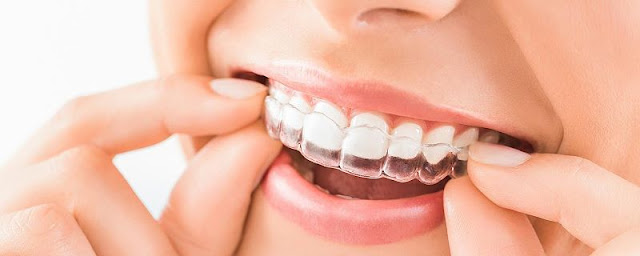Are Lingual Braces Right for My Child/Teen?
Everyone’s heard of traditional metal braces, but not everyone knows what lingual braces are. Lingual braces are placed on the backside (or tongue side) of the teeth where they are virtually invisible to others. For children or teens who are self-conscious about their ortho treatment being visible, lingual braces are a good option.
Are Lingual Braces for Everyone?
No, lingual braces aren’t for everyone. Although they treat nearly all the same dental issues that traditional metal braces do, not everyone is a good candidate. For example, someone with a deep overbite might experience constant bracket pop-offs with lingual braces. To find out if your child is a good candidate for this orthodontic treatment, you’ll need to discuss the options with your orthodontist.
The Pros and Cons of Lingual Braces
As with any orthodontic treatment, there are pros and cons to lingual braces as well.
Pros
Because they are placed on the back of the teeth, lingual braces are virtually invisible to others. They correct most of the same bite and misalignment issues as traditional braces for kids / teens, and they can be customized to fit the individual’s mouth for better comfort and efficiency.
Cons
The process to place lingual braces on the back of the teeth is more delicate and challenging than attaching traditional braces, which might make them a little more expensive. Another disadvantage is that lingual braces are uncomfortable in the beginning, and they may cause you to have a slight lisp for a while. Lastly, lingual braces might take longer to correct severe bite issues than traditional braces.
The takeaway here is that if you’re on the fence about getting braces because of the way they look, lingual braces might be a good option. Because they adhere to the backside of your teeth, no one else will be able to tell you’re receiving orthodontic treatment. With that said, you should be prepared for some discomfort as your mouth and tongue get used to your new braces and you may develop a temporary lisp for a few weeks following the application of your lingual braces. To find out if your child is a good candidate for lingual braces, talk with your orthodontist.
To know more about Lingual braces please visit our website.



Comments
Post a Comment